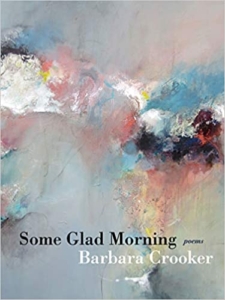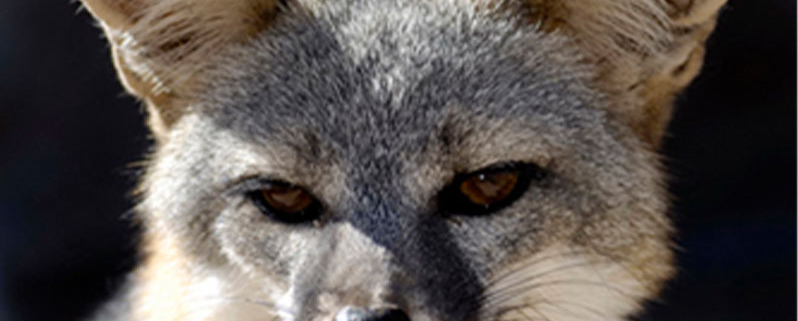What Poetry Books Are Made of
I have finally decided on what my new poetry manuscript is—or, I’ve almost decided.
Poems about my childhood on a farm, about the farm and about the trees on the farm, about the people and animals there, and (especially) about my parents up to and including their deaths. It’s been an exhausting though rewarding journey, choosing which 60 poems would stand in for all the other poems I’ve written on these subjects.
My tentative title is The Dryad, which appears to be incomprehensible (to date) to about 1/20th of people I’ve shared it with. (My friend Karen says, “Keep it. They can look it up.”)
Subjects not in the book: waitressing, most of the 1,000,000 poems about my daughters (if the poem was set on a visit to the farm, it was fair game), poems explicitly about my marriage, poems about teaching, poems about recent politics, COVID-19, and so forth. Just farm poems and mom/dad poems (since our parents sort of are our geography, it all makes sense. I hope).
One part of my process has been reading many many poetry books by other people, with a steely eye looking out  for book structure. Even though my ms. Is almost there, I’m still reading other poets’ books, and this week I am reading two books by Barbara Crooker.
for book structure. Even though my ms. Is almost there, I’m still reading other poets’ books, and this week I am reading two books by Barbara Crooker.
A poet who writes about cows (and she does) never has any trouble winning my heart. Here is one (not about cows, but still captivating):
Gray Foxes
It was the summer the gray foxes came out
of the deep woods to stand on our suburban lawn,
screaming at the dying cat, claiming the night for their own.
Two nights later, he faded away, became dust and stone.After surgery, my mother hallucinated that she was alone
in the hospital, the last person on earth. She
picked up the phone, but there was no one to call.
Night after night, she had the same dream,
the only one alive in a deserted city.And then the black day came when the old dog left us;
his breath, ragged, foam bubbling from his muzzle.
He laid his head down in the dew-drenched grass,
a sweet September morning, and never got up again.Maybe the foxes were real; maybe they were only a dream.
The days rush by, swallows in the wind with their green backs
and white throats; they disappear in the shadows
when twilight overtakes them.—Barbara Crooker (from More, C&R Press, 2010)
Of course this poem makes me teary, and it throws me straight back into my childhood—is there anything on a farm that is not destined for death? We didn’t have foxes, but we had coyotes and log trucks that took the corner near our house too fast, cats…oh, I’ll just stop there. But how did my own mother’s decline and death not conjure that up more for me?
Another aspect I admire in this poem is how each stanza skips to a new topic, circling back at the end—but not quite—to the foxes. There’s a dream-like quality here which is partly because of the mother’s hallucination or dream in stanza two, but is more a product of Crooker’s willingness to not be strictly logical and linear.
 This link will take you to her poem of the week, “Covid” (which you must read), but from there you can navigate to her homepage: https://www.barbaracrooker.com/month.php.
This link will take you to her poem of the week, “Covid” (which you must read), but from there you can navigate to her homepage: https://www.barbaracrooker.com/month.php.





I cannot wait to read this book you are working on.
Thanks for Barbara Crooker and this poem — I love it. Reminds me in many ways of your work, which for me is high praise indeed!